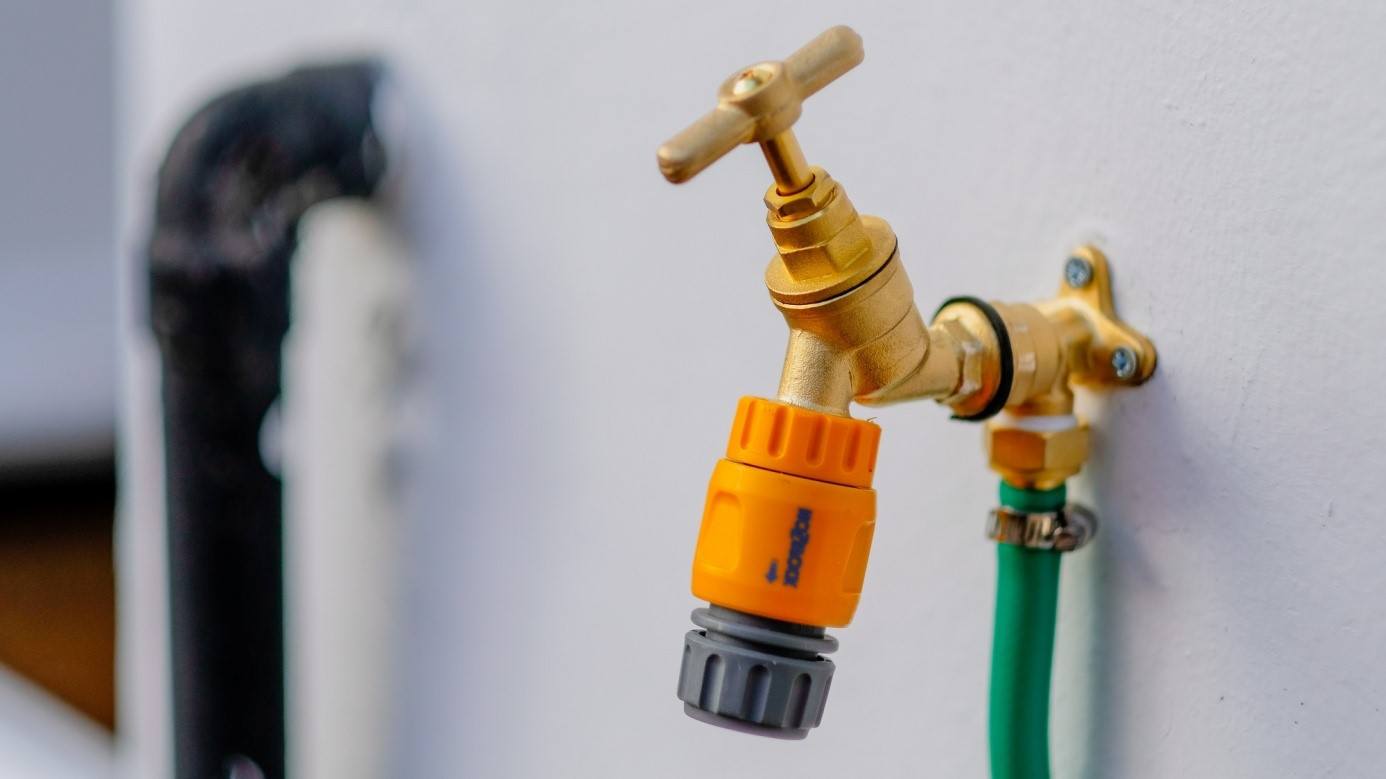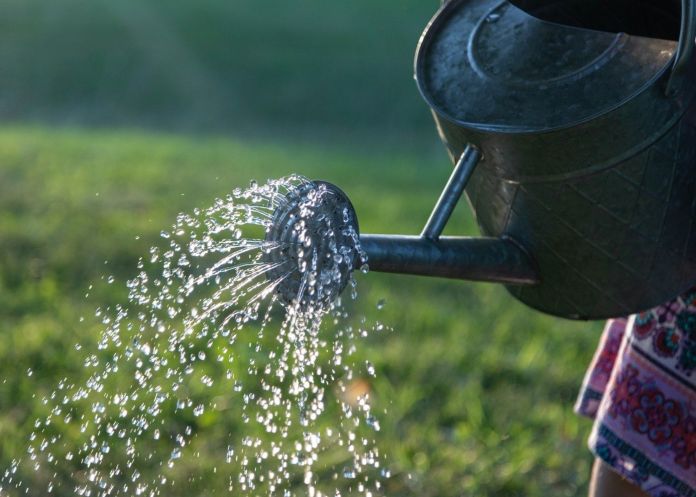Many gardeners overlook this, but the water on your plants can seriously influence how they turn out. If you own a garden, there’s a high chance that you’re very caring and thoughtful about it. You spend many hours digging through books and blogs on making your plants grow better. You water your plants at the right time and follow all the gardening rules. And yet, your flowers and bushes still don’t produce the way you expect them to.
Ever wondered if it has to do with the water? This article will discuss how using soft water on your plants affects them and what you can do about it.
Hard And Soft Water
Hard water contains high amounts of calcium and magnesium. Apart from being an inconvenience, hard water isn’t harmful to us humans. However, it’s an entirely different story for some foliage plants.
Using hard water on acid-loving plants or plants like berries, cucumbers, hydrangeas, or potatoes can have disastrous effects. Watering your plants with hard water is a recipe for stunted growth and plant death.
Knowing all that about hard water, you might assume that softened water is better for plants. Surprisingly, that’s not the case. Using softened water can be as bad, if not worse, than using hard water.
Read more: A Few Care Tips For The Plant You Receive From Online Delivery
Softened Water And How It Affects Your Plants
You get softened water when you remove the calcium and magnesium from the hard water.
Hard water is softened using water softeners. Many water softeners work by ion exchange. They drain hard water of calcium and magnesium and refill it with sodium. With calcium and magnesium removed, salt is the only ion left in the water.
The amount of salt in softened water is harmless to you, but it’s an entirely different story for your plants. Can you water plants with soft water? No.
A thin coating of sodium forms on the soil bed over time, blocking the movement of water and nutrients to the roots. When you water your plants with softened water, the salt present forms a barrier, and your plants begin to consume less water. The sodium also impacts the soil and gets salty, turning your garden into a dead zone for your plants.
You may see a new pool of softened water on your soil after watering, but your sprout barely absorbs any good stuff.
The Solution?
Ordinarily, softened water is bad for plant life, but there are ways to make soft water fit for watering your garden. Here’s how you can achieve it:
1 – Dilute Your Softened Water
One way to make softened water better for plants is by diluting it with rainwater. This will reduce sodium concentration and make the water less likely to harm your plants.
2 – Use A Water Conditioner
Softened water is a problem, but it can be easily solved depending on the softener used. Salt-free water softeners or water conditioners can soften water in ways that make it safe for your plants. These systems don’t add or remove anything from the water. They reduce the scaling effects of hard water. Even better, water conditioners are relatively affordable. You can find a comprehensive list of salt-free water softeners here.
You can decide which water softener you need for your home water. The different salt-free water softeners come with unique modes of use, installation process, and maintenance guidelines. Keep your budget in mind while making a buying decision. There are different salt-free softeners to suit whatever budget you have planned.
3 – Bypass The Salt Exchange Step
Another option would be to use a standard salt-based water softener but bypassing outside taps. This way, your water softener continues to operate as usual, only that the water you use in your garden doesn’t receive treatment.

This may seem like an expensive solution, but you won’t need to spend a lot in reality. You have to branch off a separate water line leading outside.
Read more: What Should You Know About The Stewartia Tree?
Concluding Thoughts
Another workaround is to dilute the softened water with rainwater. In the absence of direct rainfall, softened water is not the ideal source when watering your garden – far from it. So when using an ion exchange water softener in your home, make sure to run a separate hard water line for your garden. Alternatively, you can install a salt-free water conditioner.



















